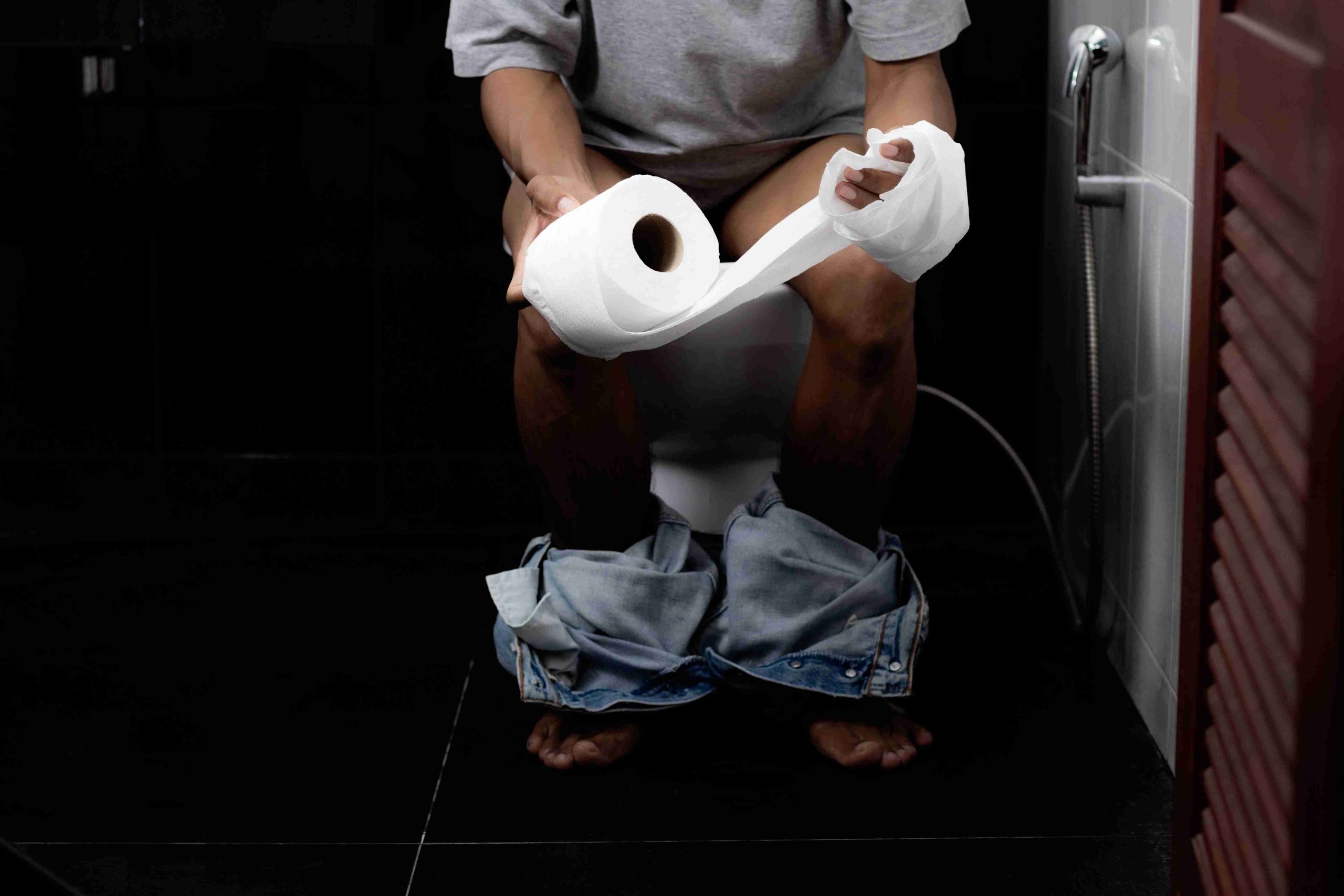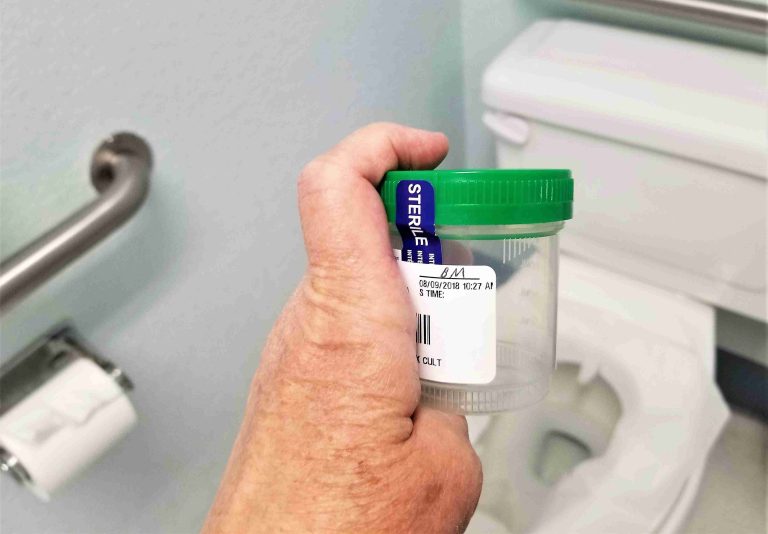Finding blood in your stool can be alarming, and understandably so. It often raises fears of serious health problems, especially cancer. However, not all cases of rectal bleeding are a cause for panic.
Unfortunately, misconceptions about the causes, severity, and necessary response to blood in stools often lead to confusion and anxiety. In this article, we aim to clarify the facts from fiction, correct the most common myths, and offer a more grounded understanding of this common yet misunderstood symptom.
Myth 1: Blood in Stool Always Means Cancer
One of the most widespread misconceptions is that the presence of blood in stool is a definite sign of colorectal cancer. While it is true that persistent or unexplained rectal bleeding may be a symptom of colon cancer, it is not the only potential cause.
In fact, many cases of blood in stools are due to less serious issues such as hemorrhoids, anal fissures, or even temporary inflammation caused by a hard bowel movement. Other non-cancerous causes can include diverticulosis, ulcerative colitis, and gastrointestinal infections. While it’s always best to consult a doctor for proper evaluation, jumping to conclusions can add unnecessary stress.
Myth 2: Only Bright Red Blood Is Serious
The color of the blood can give clues about its origin. Bright red blood typically originates from the lower gastrointestinal tract, such as the rectum or anus, and often points to conditions like hemorrhoids or fissures. Darker or maroon-colored blood may indicate bleeding from higher up in the colon or small intestine.
However, this doesn’t mean bright red blood is harmless or that dark blood is always worse. Any instance of blood in your stool should be evaluated if it’s recurring or unexplained. It’s important not to dismiss any color or amount of blood without a medical review, as even small amounts can sometimes be linked to more serious gastrointestinal disorders.
Myth 3: If It Happens Once, It’s Nothing
Many people choose to ignore blood in their stool if it only appears once. They may attribute it to stress, hard stools, or temporary irritation. While one isolated episode may not signal a major issue, it should still be noted and discussed with your doctor, especially if you are over 50 or have a family history of gastrointestinal problems.
Intermittent bleeding that comes and goes may mask underlying conditions like polyps, diverticulitis, or even early-stage cancer. A one-time episode doesn’t necessarily mean it’s harmless—especially if accompanied by other symptoms like abdominal pain, fatigue, or a change in bowel habits.
Myth 4: You Can Diagnose Yourself at Home
With so much information available online, it’s easy to fall into the trap of self-diagnosing. However, determining the cause of blood in your stool is not as straightforward as it seems. The gastrointestinal tract is complex, and symptoms often overlap between different conditions.
Self-diagnosis can lead to underestimating or overestimating the issue. For example, assuming you have hemorrhoids without confirmation may delay essential screening for polyps or colorectal cancer. Diagnostic tools like colonoscopy, stool tests, and imaging are often necessary to find the exact source of the bleeding.
Myth 5: Blood in Stool Is Always Visible
Many assume that if they don’t see blood, there’s nothing wrong. But not all bleeding is visible to the naked eye. Occult bleeding refers to small amounts of blood in the stool that can’t be seen without special tests, such as a fecal occult blood test (FOBT) or a fecal immunochemical test (FIT).
Occult blood can indicate the presence of polyps or early cancer, even in the absence of other symptoms. This is why regular screening is crucial, particularly for those over the age of 50 or with risk factors such as a family history of colorectal cancer or inflammatory bowel disease.
Myth 6: It’s Normal If You Strain During Bowel Movements
Some people believe that bleeding is normal if they experience constipation or strain frequently during bowel movements. While straining can cause minor tears or aggravate hemorrhoids, recurring bleeding is never something that should be normalized.
Chronic constipation, frequent straining, and prolonged time on the toilet may signal underlying digestive or dietary issues. Over time, they can also contribute to more serious problems like prolapsed hemorrhoids or anal fissures. Lifestyle modifications, such as increasing fiber intake and staying hydrated, may help, but a medical consultation is still necessary if bleeding persists.
Understanding the Importance of Medical Evaluation
If you notice blood in your stool—whether it’s once or multiple times—it’s vital to schedule a medical evaluation. Your doctor will take into account your medical history, symptoms, and age to determine the right diagnostic approach.
This may include a digital rectal exam, stool testing, or a colonoscopy. Early diagnosis is key, especially if the underlying cause is colorectal cancer or another progressive disease. Fortunately, when detected early, many gastrointestinal conditions are treatable or manageable with medication, dietary changes, or minimally invasive procedures.
Risk Factors That Should Prompt Urgency
While anyone can experience occasional rectal bleeding, certain risk factors should raise the level of concern and encourage prompt evaluation. These include:
- Age over 50
- Family history of colorectal cancer or polyps
- Personal history of inflammatory bowel disease (Crohn’s or ulcerative colitis)
- Unexplained weight loss
- Fatigue or signs of anemia
- Persistent changes in bowel habits
If you fall into one or more of these categories, don’t wait for the bleeding to recur. Early screening and diagnosis can lead to better treatment outcomes and peace of mind.
Dispelling Shame and Stigma
Unfortunately, embarrassment is a major barrier preventing people from seeking help when they see blood in their stool. This discomfort often leads to delays in diagnosis and treatment, which can have serious health consequences.
It’s important to normalize conversations around digestive health. Just as you would see a doctor for a persistent cough or chest pain, rectal bleeding deserves equal attention. Doctors are trained to handle these discussions professionally, and taking the step to seek medical help is an act of self-care—not shame.
Conclusion
Believing in myths and misconceptions about blood in stools can be more than just misleading—it can be dangerous. While not every episode of bleeding signals a life-threatening condition, it always deserves careful attention and professional evaluation.
Early diagnosis and intervention can prevent minor issues from becoming serious health problems. By understanding the true causes of rectal bleeding and setting aside fear or embarrassment, you take control of your health journey with clarity and confidence.
If you or someone you know is experiencing blood in stools, don’t ignore it or rely on guesswork. Book a consultation with your healthcare provider today to get the answers and care you need.







